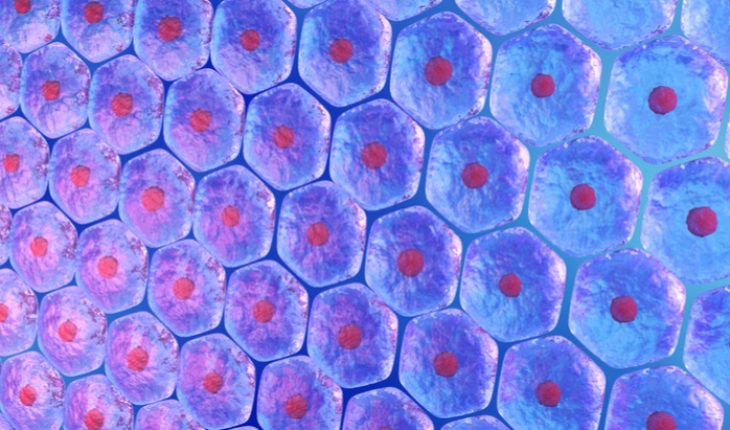A new study suggests that after genetic matching, the age of a stem cell donor is the most important characteristic influencing patient survival following a stem cell transplant.
Previous studies have suggested that donor characteristics including sex, ethnicity, blood type and previous pregnancies could all affect patient survival, making it difficult for transplant clinicians to rank donors where a patient has multiple HLA-matched donors.
Anthony Nolan was part of an international study, led by the Centre for International Blood and Bone Marrow Transplant Research (CIBMTR) in Wisconsin, to analyse more than 10,000 unrelated donor stem cell transplants which took place between 1999 and 2014 where the donor and patient were HLA-matched. Their aim was to produce a definitive hierarchy of donor characteristics and how they affect patient survival, to allow transplant clinicians to be confident when selecting a donor for a patient with multiple matching donors.
Surprisingly, they discovered that the only donor factor which could be reliably associated with patient survival in this cohort was age; the younger the donor, the more likely the patient was to survive.
Surprisingly, they discovered that the only donor factor which could be reliably associated with patient survival in this cohort was age; the younger the donor, the more likely the patient was to survive.
A patient with two matching donors aged 10 years apart would be three per cent more likely to be alive two years after transplant if the younger donor were selected, regardless of other donor characteristics. Importantly, the study has shown for the first time that the trend between donor age and patient survival is linear; previous studies have compared broad age cohorts, making it difficult to differentiate between donors within the same age cohort.
There is no clear difference in the causes of death for recipients based on their donor’s age; however, there is evidence that blood stem cells from older donors are more prone to inflammation, produce more myeloid cells and fewer lymphocytes – both kinds of white blood cell – and are more likely to be affected by clonal haematopoiesis, a mutation of blood cells that can increase the risk of blood cancer and overall mortality. Moreover, there is some evidence that Graft versus Host Disease – where donor cells attack the patient’s organs – is more likely where a patient has an older donor, as their cells are more experienced in identifying foreign cells.
Professor Steven Marsh, Director of Bioinformatics at the Anthony Nolan Research Institute and co-author of the paper ‘Development of an Unrelated Donor Selection Score Predictive of Survival after HCT: Donor Age Matters Most’, published online this week in the journal Biology of Blood and Marrow Transplantation, said: “These results are extremely significant for transplant clinicians who have patients with multiple HLA matches. We hope this will help clinicians feel more confident when selecting donors for their patients.
“In recent years donor registries around the world have focused their attention on recruiting younger donors; in 2012 Anthony Nolan became the first register to extend its joining age to 16, and introduced an upper limit of 30. We’re already seeing the results of this policy: in 2017-18, 75% of Anthony Nolan donors were aged under 30, compared to only 41% in 2009. In the same period, the median age of Anthony Nolan donors fell from 34 to 28. It seems clear that this move has made it easier for clinicians to select younger donors and, we hope, has given more patients the best chance of survival post-transplant.”
Professor Bronwen Shaw, Scientific Director of CIBMTR and lead author of the paper, said: “This study allows clinicians to prioritise younger donors to maximise the chances of patient survival. While we know that other donor characteristics can influence the risk of the patient developing Graft versus Host disease or other complications, more research is needed to determine how important different donor factors are on outcomes other than patient survival.”
- Breaking the ice for men’s mental health - 26th December 2025
- New bowel cancer test for early detection - 26th December 2025
- New method accelerates resistance testing in UTIs - 26th December 2025







